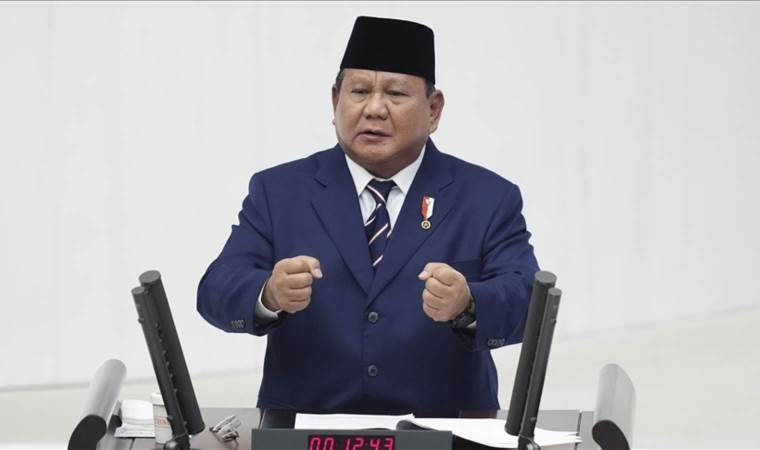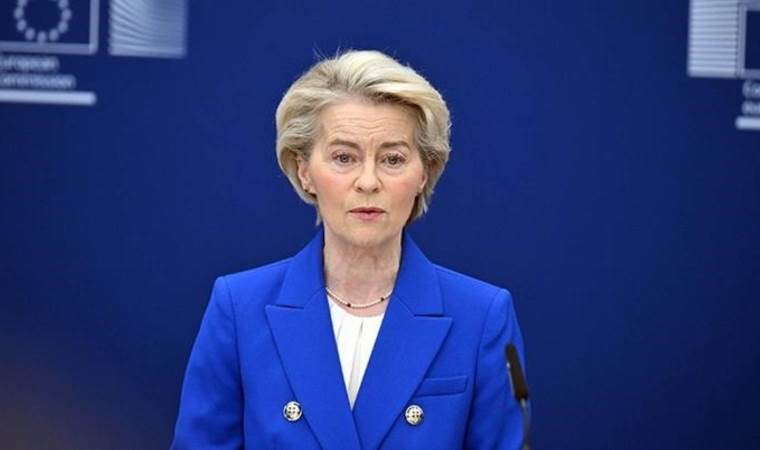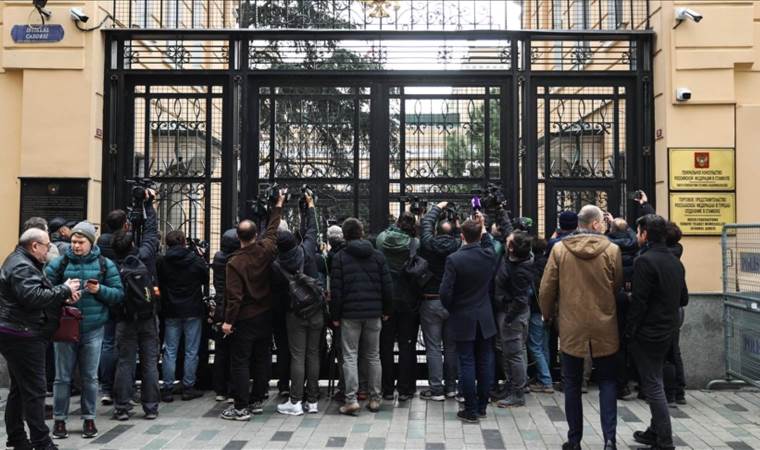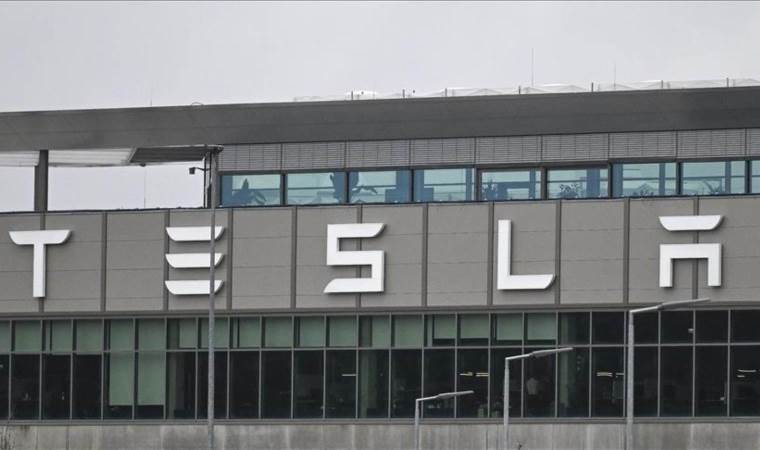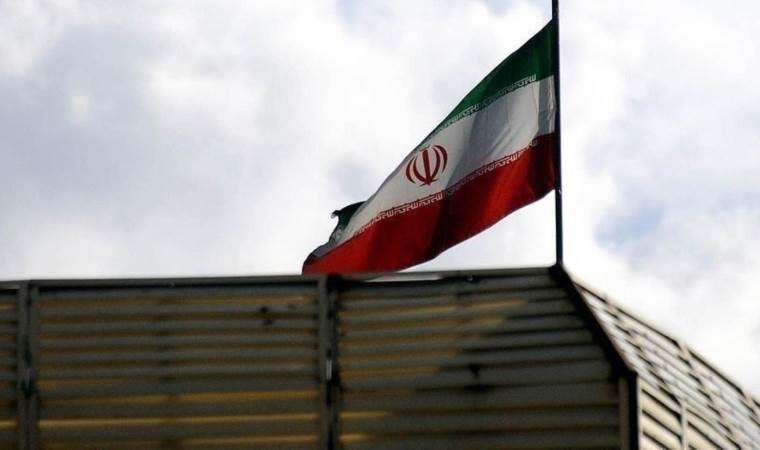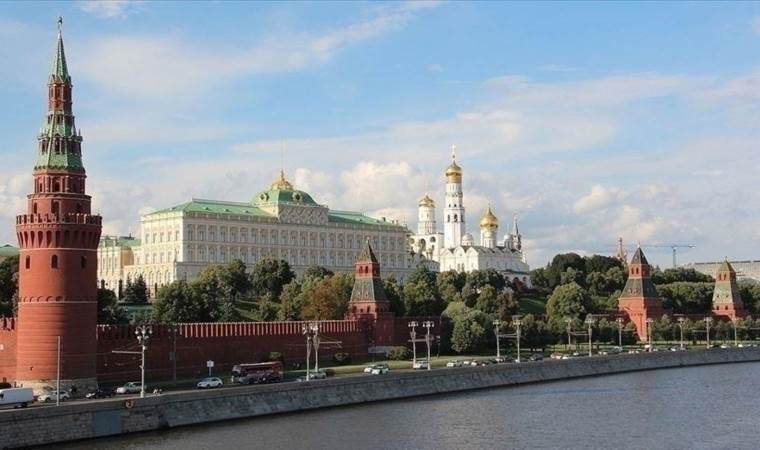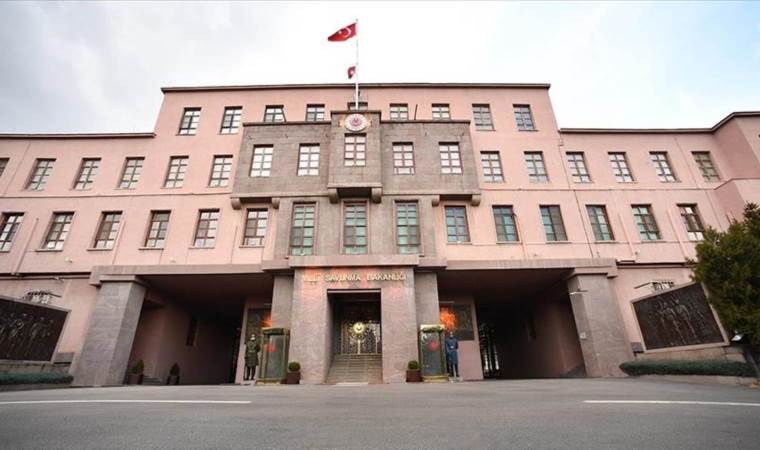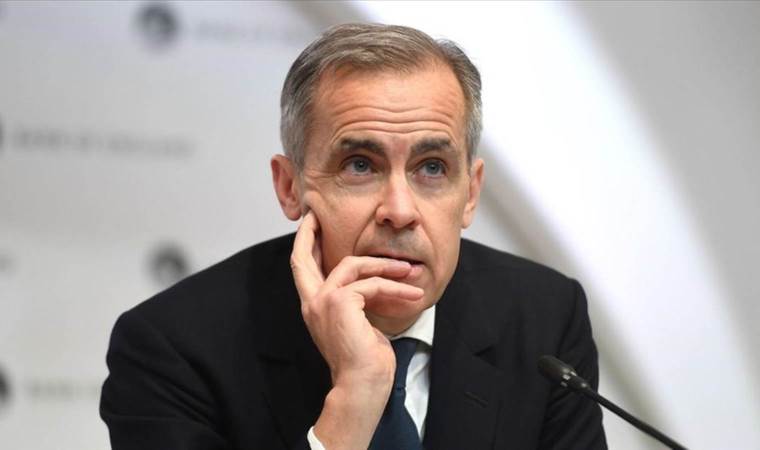German gov't mulls sending civil servants to home office amid energy crisis: Report
To save energy in ministries, government is looking into sending its employees to home office this winter, local media reports.

The German government is considering sending civil servants to home office this winter due to the worsening energy crisis, local media reported on Tuesday.
According to Business Insider, at a recent meeting of a federal ministry, one of the proposals was a mandatory home office for civil servants and employees this winter, while larger ministries have reportedly voiced objections to the plans.
One of the main objections was that there were not enough laptops and cell phones to equip all civil servants.
At the meeting, cooling the rooms down to 19 degrees Celsius (around 66 F) was also discussed as an alternative, the news portal reported.
If this is too cold for someone, they would be allowed to work from home.
The background to the plans is a decree by Economics and Energy Minister Robert Habeck, which includes energy-saving measures in public buildings.
The German government wants to save just under 20 terawatt-hours (TWh) of gas annually by lowering room temperatures in isolated cases to reduce the German gas consumption by around 2%, the report said. This is to be supplemented by further savings in electricity consumption of over 10 TWh.
Germany, along with many European countries, has been facing energy shortages as Russia significantly reduced the supply of natural gas to Europe in response to sanctions imposed on Moscow over its war on Ukraine.
Russia temporarily halted gas deliveries via the Nord Stream 1 pipeline earlier this month, and Russian officials argued that the Western sanctions were hampering the maintenance work for the turbines. German politicians, however, accused Moscow of using gas as a weapon to exert pressure on Berlin.
Chancellor Olaf Schloz’s coalition government introduced a package of energy-saving measures to decrease consumption by 20% and fill up gas storage facilities to 95% by Nov. 1, to be prepared for winter.
Most Read News
-
 Indonesia will 'stand side by side' with Türkiye in defe
Indonesia will 'stand side by side' with Türkiye in defe
-
 EU agrees on 90-day pause in countermeasures against US
EU agrees on 90-day pause in countermeasures against US
-
 Russia-US talks in Istanbul conclude after more than 5 h
Russia-US talks in Istanbul conclude after more than 5 h
-
 US, South Korea hold joint naval salvage exercise
US, South Korea hold joint naval salvage exercise
-
 Tesla shares soar 22.6% as Trump grants tariff pause
Tesla shares soar 22.6% as Trump grants tariff pause
-
 Iran says IAEA inspectors could be expelled if threats c
Iran says IAEA inspectors could be expelled if threats c
-
 Kremlin denies Zelenskyy's allegations of Chinese involv
Kremlin denies Zelenskyy's allegations of Chinese involv
-
 Türkiye, Israel hold first technical meeting on conflict
Türkiye, Israel hold first technical meeting on conflict
-
 Russia confirms prisoner exchange with US
Russia confirms prisoner exchange with US
-
 Canadian premier calls US tariff pause a 'welcome reprie
Canadian premier calls US tariff pause a 'welcome reprie
